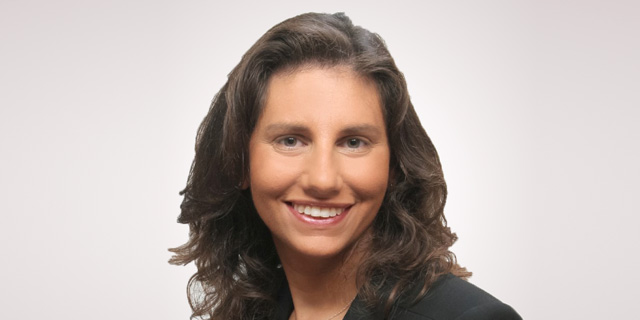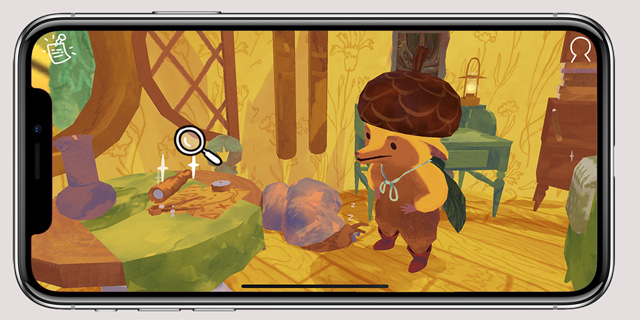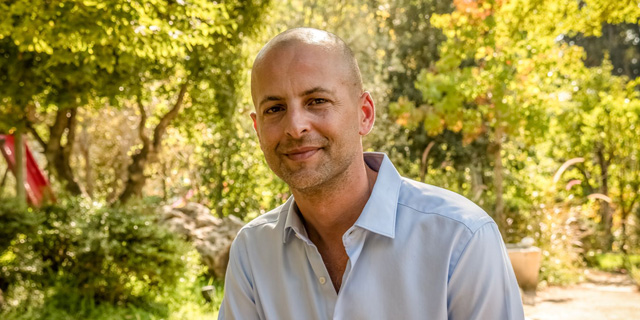
Welltech1 announces $400,000 investment in winner of global wellness startup competition
PopBase is a storybook game that helps kids make healthy life choices; “Our portfolio reflects the diversity in the field,” says Welltech1 co-founder Galit Horovitz
“We ran a tough competition in which we examined – together with our experts from Facebook, Nike, Harel Insurance, and others – more than 150 wellness-related startups from across the globe,” Amir Alroy, Welltech1’s co-founder said, adding that “we’re happy to announce that we’ve chosen to invest in PopBase.“
Welltech1 was so impressed by PopBase, that it decided to double the amount it had originally pledged to invest in the winner from $200,000 that was advertised to $400,000.
“PopBase represents the fast-growing trend of linking the worlds of gaming and health,” noted Galit Horovitz, Welltech’s co-founder. “The coronavirus (Covid-19) pandemic has proven that wellness is a necessity, not a luxury. PopBase’s solution resolves an acute problem creatively, effectively, and professionally."
If anyone is suited to assess innovation in the wellness technology it’s Horovitz, who with Welltech1 essentially pioneered the sector in Israel. Established a little over a year ago, the investment in PopBase marks the fund’s eighth investment in the sector, with other portfolio companies running the gamut from CalmiGo, which provides people suffering from anxiety with a drug-free solution to help them cope, to Amkiri the inventors of the world’s first visual fragrance.
“Our portfolio reflects the diversity in the field,” Horovitz said in an interview with CTech. That diversity was showcased in a map, Welltech1 created together with Start-Up Nation Central, featuring more than 500 local startups active in the wellness technology sector. Wellness1, with its fund and innovation hub, aims to be the gateway for international investors and entrepreneurs to discover Israel’s vibrant innovation activity and to help startups extend their reach beyond Israel’s narrow borders. “As a result of our cooperation with the Global Wellness Institute, Israel was slated to host its annual conference this summer, but because of Covid-19, it didn’t happen and was moved to next year,” Horovitz said. Horovitz sees nothing but open skies ahead for the wellness technology sector, which has grown immensely over recent years and according to some estimates makes up a $4.5 trillion market. “It’s part of an ongoing realization of the importance of preventative treatment. Everybody, from state health officials to doctors to insurance companies, to the general public can appreciate the benefits of encouraging self-care,” said Horovitz. If people can gain access to advanced technological solutions that don’t require slow, complex, and expensive FDA approval, it can ultimately benefit the health systems of states, particularly now when they are overburdened by coping with the Covid-19 pandemic. Though wellness technologies are defined as non-medical, Horovitz said many of the startups in the field emerge from the world of academia and medical clinics, backed by years of research in medicine and health-related disciplines. Every child who learns to make healthy life choices in a game is one less diabetic that the health system has to treat and pay for.
